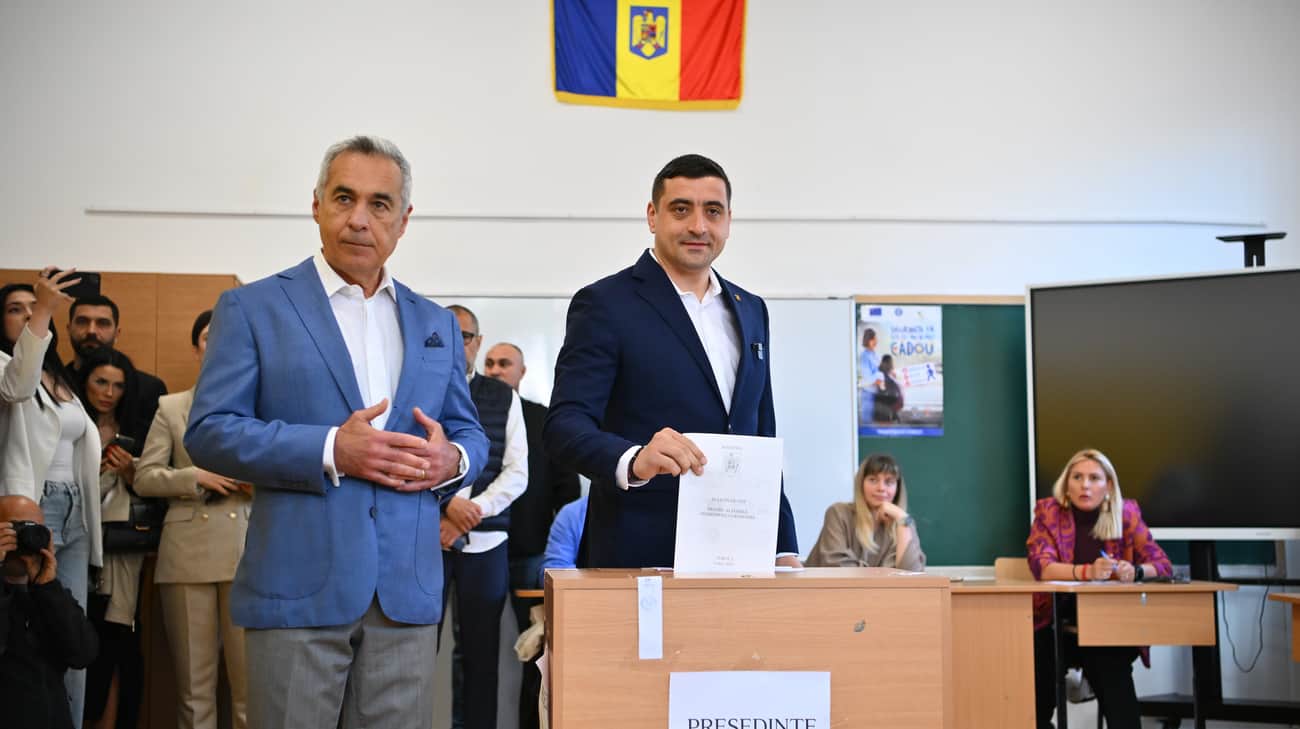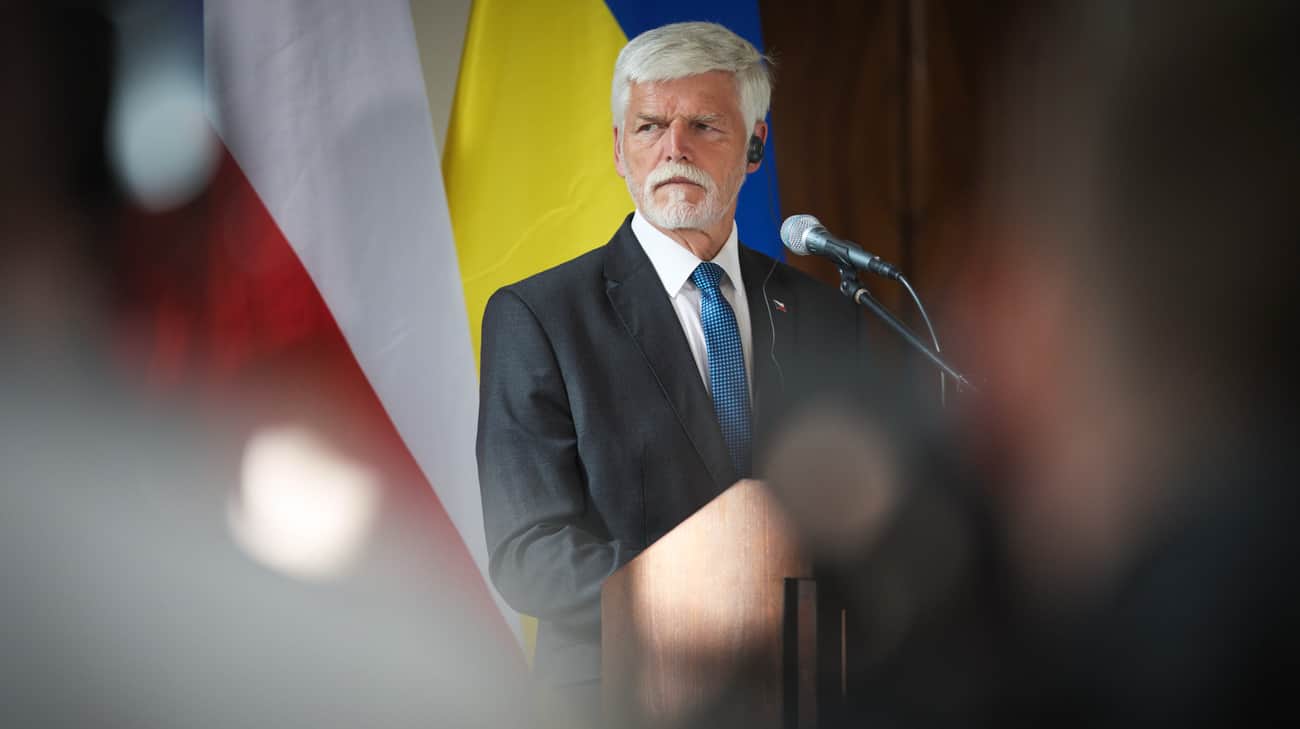Who else wrote except Lesya Ukrainka
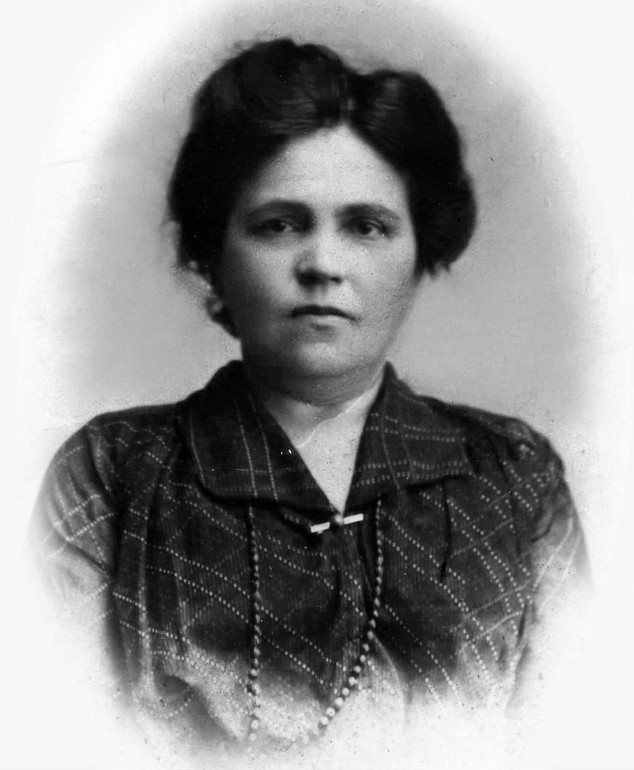
What was the Intelligent woman at the turn of the XIX-XX centuries? What challenges did you face? Why did Lesya Ukrainka, which Ivan Franko baptized « the only man in Ukrainian writing »? Is there no more worthy authors in the history of Ukrainian literature?
Literary observer UP. Culture Natalia Collegin He thinks why so many wonderful Ukrainian writers have not become programmatic with a new collection of works « Women write: locals ».
To return the lost
If you ask any Ukrainian or Ukrainian whom she or she knows in the literature, then we will certainly hear about Lesya Ukrainka, Olga Kobylyansk and maybe another Marko Vovchok. This is all women in literature? But what about Lyudmila Starytska-Chernyakhivska, Valery O’Connor-Vilinskaya, Nadezhda Kibalchich, Natalia Romanovich-Tkachenko, Lyubov Yanovskaya?
These are only five names of lost authors whose texts did not get into the school program and have not become as known as the texts of canonical classics and classics. But now they can sound fresh and lively and show a « feminine » look at things. And they sound.
The « Women Write » series from the publishing house « Booklov » offers various genre texts of Ukrainian authors, which will fall into the hands of modern Ukrainian readers and readers for the first time. The series opens the collection of works « Women write: locals ». It represents the female voice of the Ukrainian city intelligentsia of the late XIX – early XX century.
Brought up in a family of a well -known writer and public figure, Lyudmila Starytska-Chernyakhivska became an important figure in the urban intelligentsia. She was an active participant in the Literary Circle « Pleiada » and the Kiev Literary and Artistic Society.
Lyudmila Starytska-Chernyakhivska
Valeria O’Connor-Vilinskaya -The daughter of a landowner and a relative of Mykola Lysenko-had a slim public position, made friends with Lyudmila Starytska-Chernyakhivska and was among the founders of the Ukrainian People’s Republic.
Hope Kibalchich (patronymic-Matveyevna) wrote under the pseudonym Natalka Poltavka and represented a branch of the famous Cossack-Divoryan family of Belozersky-Kulish, which also belonged to Panteleimon and Mykola Kulish. She was an active participant in the literary process of that time.
Writer, translator and public figure Natalia Romanovich-Tkachenko During the First World War, she built a network of orphans and lost children all over Ukraine and worked in the Red Cross.
Love Yanovskaya – From the Kulish family, the wife of public and military figure Vasyl Yanovsky, a member of the Ukrainian Central Council. Her work has more than a hundred prose and dramatic works.
They all represent the first generation of conscious Ukrainian intelligentsia that has grown in the city. Active in creativity and public life, the classics wrote about a woman at the verge of centuries. And, of course, they were looking for a new language that a female voice in Ukrainian literature would sound dignity.
Their heroes and heroines often live a vivid and active life in the city, talk about Ukrainian identity, engage in the development of culture and discuss high matter, and also choose vegetarianism or make them opposed to social norms of that time.
Strong wings in a woman
The first text of the « township » collection is the dramatic text « Wings » Lyudmila Starytska-Chernyakhivska. By definition of the author, it is a everyday drama for 4 actions. The story seems to be simple: a young and promising writer Lina Fedorovna chooses to build a « family nest » with a successful lawyer Viktor Alexandrovich instead of being a single and literary career. Confessing to Lin love, Victor says they will be companions in everything. What will work out – will the young couple be balanted and live in their own way?
In their joint apartment on the shoulders of lazy, the responsibility of the hostess of the house, which is a big burden for a woman and prevents enough time of creativity. Lina becomes pregnant, gives birth to postpartum depression and alienation with Victor. And he finds a new passion! Lina has selflessly cares for the child and actually forgets about literary activity. Will an active woman who has been married in a patriarchal society is able to straighten her strong wings and return to the business she sought to get married?
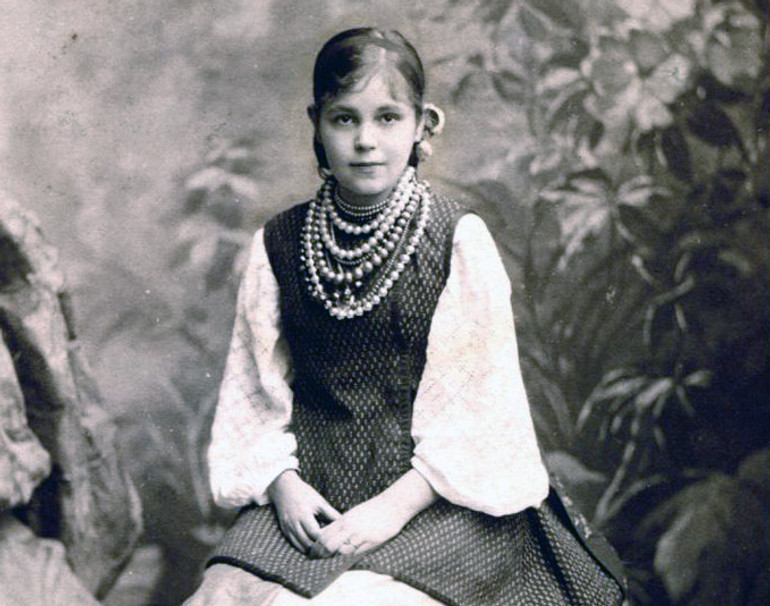
Lyudmila Starytska-Chernyakhivska
Lyudmila Starytska-Chernyakhivska reflects on the fate of modern women and tries to felt the perfect scenario in which a woman could be realized simultaneously in her own business and as a mother and wife. On the example of Lina we see that it is a huge challenge. Is it real to a woman of the late nineteenth and early XX centuries to combine her career and family, when the literally the previous generation of women gave up the latter?
Another example of a mother and an active woman who was tied with the hands of marriage is Ghana from the story « On the Balcon » Natalie Romanovich-Tkachenko. Just like Lina, with the birth of a child, Ghana departed from public affairs and stopped visiting such important « abstracts, assemblies and rallies » for her. The woman devoted herself to the upbringing of the child and does not even want to hire a nanny.
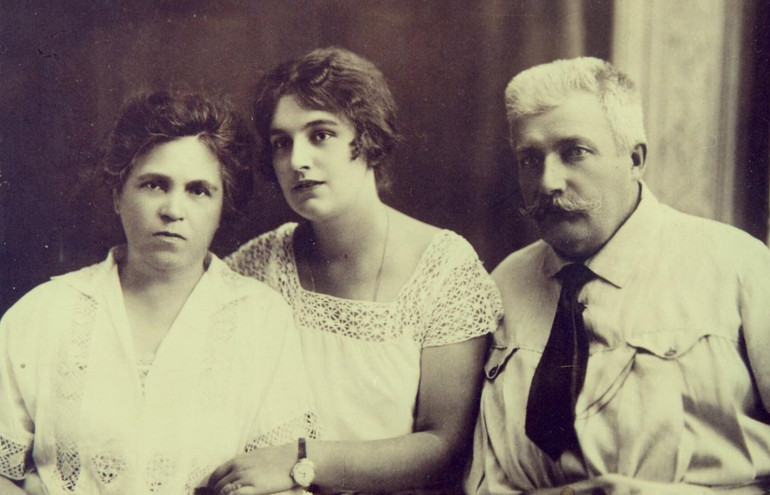
Lyudmila Starytska-Chernyakhivska with her husband Alexander Chernyakhivsky and daughter Veronica Chernyakhivska. Kyiv. 1925. Photos from the Museum Funds of prominent figures of Ukrainian culture
The logical question arises: why do these women not entrust anyone with their other children and return to other important cases? Ghana has a thorough explanation for this: « If we had public education – of course, I would be perfect, I would trust him with my child; now I have to educate myself, that is, to follow the step by step its development. » Here we have another challenge for the time the intellectual woman who wants to have a family: to give proper upbringing of their own children, so that they grow from conscious citizens and citizens.
From the peasant to the township
The greatest text of the collection – the story of « Gorodanka » Lyubov Yanovskaya – tells of a village girl Prisko, who was a little bit into the city and became a truly « citizen ». Returning to his home, Prisko will not rush to work and equip his life in the countryside. Having been boiling about how people live in the city, this haunting girl does not want to do it hard to do near the Lord – except to live for « ready » money. Prisko quarrets with his mother and sister who encourage to work and find a good man of a farmer.
In the text Lyubov Yanovsk openly asks the question: what is better – Being a stranger, the baby in the city and serving for sides of gentlemen and ladies, or be a mistress in the village, but also difficult to work near cattle and in the field? Priska knows for sure: better in the city. Therefore, despite marrying Daniel, he goes there to look for a better fate.
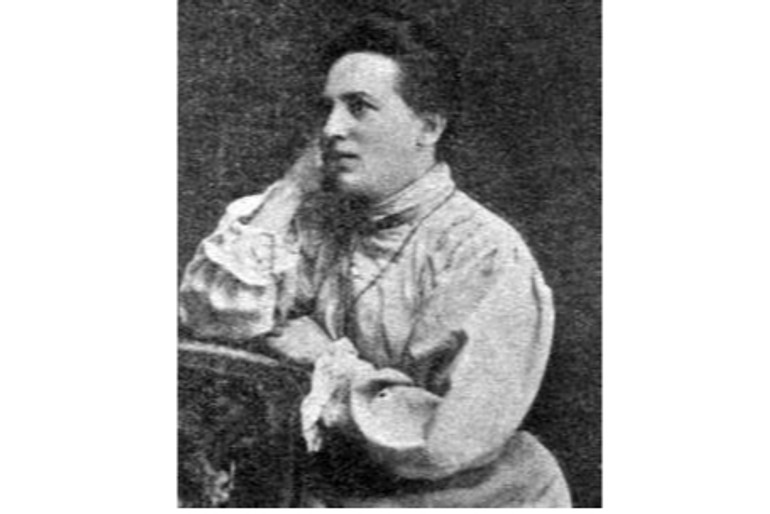
The city unfolds Odyssey-the girl gets to all sorts of families, has the opportunity to see how wealthy and the rich people live, and yet-she knows closer to the same mercenaries and mercenaries who have chosen a service in the city instead of life in the village. Will the girl eventually go beyond her purpose? Will Prisko be able to gather some wealth and have some financial independence? Will the peasant find happiness in the city?
And the rest of the pain of the female intellectual
In the small dramatic text « Visit » of Valery O’Connor, Vilinsky, there is a complex dramatic conflict. She and she – Vasily and Elena Nikolaevna. She lost her husband and grieves, he married her sister Nina, and in fact he secretly loved her. In a brief conversation, these two find out what the great drama of their lives is. They mention the fleeting happiness, which they seem to be destined to be late. Or maybe? …
The sketch of « Visit » is a tiny piece from the lives of two people who have not been able to realize their own love. So to know love and be loved-this is another challenge of the female intellectual border of the XIX and XX centuries.
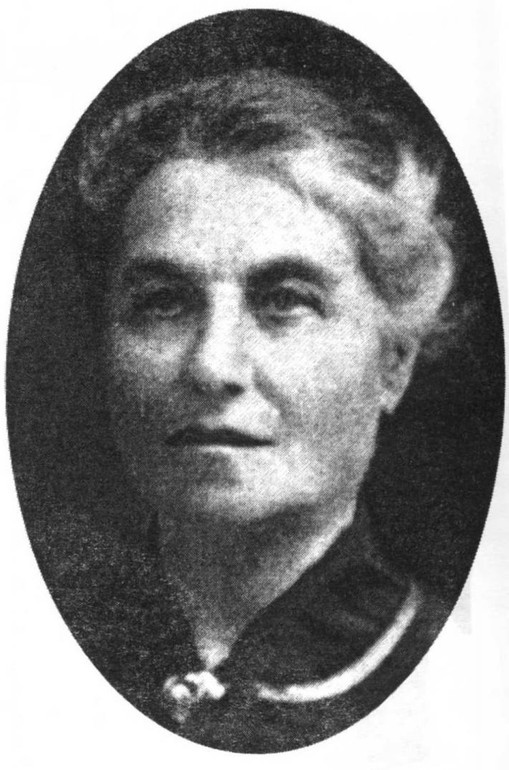
In the short prose text « Literey-Alegre », the genre definition of which Nadiya Kibalchich gave as « drawing », the author tells how the local philanthropist and the great patroness of the disadvantaged Ms. Kalina comes with the ward of Kirillovna Kirillona to the house, which sells piano. After the death of her husband, she barely ends with the ends, because she remained with her children, is unable to feed a family from a gymnasium and a daughter who is loved in playing an instrument.
How to be a woman unable to provide a family? What will happen to the young man who will be deprived of great musical comfort, and maybe at the same time the future brilliant artist? And what is it – to be a great charity that gives in vain hopes to people?

